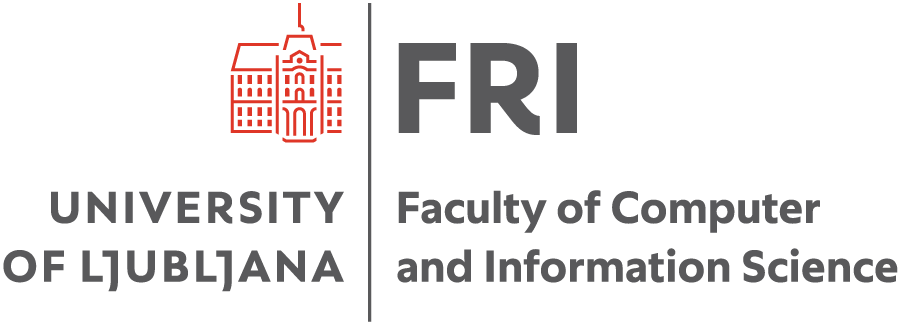- Credits:6
- Semester: winter
- Contents
Capabilities of information processing platforms have been rapidly increasing in the last four decades in the meaning of their speed and sizes. We are starting to reach the limits of possible capabilities of technologies on which current platforms are based. With their continuous minimization reliability of their behavior is questionable while quantum level will be reached. There are also many other problems that current technologies are facing, for example energy consumption, relatively high prices etc. These problems obstruct the evolution of computers from an era of desktop computing to an era of ubiquitous computing. Ever since humans have been using their “tools” as labor saving devices mainly top-down approach strategies have been employed, which means that tools are used in order to manipulate materials in manufacturing processes. Manufacturing processes employ big material and energy consumption and have a side effect of by-products which are unfit for use. Many great thinkers of our time point out that top-down approach is obsolete and that transition to synthetic approach (bottom-up approach) has to be established, which means that product will be built from basic entities using automatized procedures. Such development brings many new possible applications to information processing on the fields such as pharmacy, medicine, construction engineering, good production, etc. In order to solve the problems of current information processing technologies alternative processing platforms and methods are being intensively investigated and developed in the last years. During this course currently present alternative information processing platforms will be presented, such as quantum dot cellular automata, DNA based information processing platforms, nanotubes, optical information processing platforms etc. Moreover methods they employ will also be investigated, such as quantum processing, reversible processing, processing with more than two logical states, amorphous computing etc.
- Study programmes
- Distribution of hours per semester
- Professor



